Star Analysis | "Coach of Thousands of Victories" Lenny Wilkens, a low-key gentleman with a calm career
Generally speaking, player-coaches with impressive resumes deserve media attention. However, despite his great success as a player and coach, Wilkens has not been in the public spotlight like other NBA legends. "For 30 years, he (Wilkens) has always maintained a gentleman's demeanor and humble character. He is calm, calm and patient, and can always deal with good times and bad times calmly." As the only person in history who is simultaneously selected into the 75 greatest superstars and the top 15 coaches in history, what was Wilkens's playing career like? As a freshman in high school, Wilkens was selected for the boys' high school team in Brooklyn, New York. However, in the next two years, he felt that he was not strong enough and gave up participating. Instead, he polished his skills in various Catholic youth organization leagues. Tommy Davis was his friend in the Stuyvesant community and later became a star player for the Los Angeles Dodgers. During Wilkens' senior year, Davis encouraged him to try out for the varsity team again. Since Wilkens graduated mid-year, he only played half a season and missed the city championship and the exposure that came with it. But his coach in the Catholic Youth League, Father Thomas Mannion, convinced Providence College coach Joe Mulleny to offer Wilkens a scholarship for the fall of 1956. Subsequently, Wilkens began to rise to prominence at Providence College. In the 1956-57 season, he led his freshman team to an undefeated record of 23 wins and 0 losses. In his junior season, he averaged 15.7 points per game and helped the team reach the semi-finals of the National Invitational Tournament. In his senior season, he led the school team to the finals of the National Invitational Tournament (eventually losing to Bradley University) and was elected the tournament's MVP. In the 1960 NBA draft, the St. Louis Hawks selected Wilkens in the first round. However, at the time, he was not sure whether he wanted to enter the NBA until he watched the showdown between the Celtics and the Hawks on the spot and believed that his strength was far superior to the Hawks' defenders at the time. In the end, he chose to participate in the team's training camp and was successfully selected into the starting lineup. In his rookie season, Wilkens averaged 11.7 points per game, second only to Bob Pettit, Cliff Hagan and Clyde Lovelett on the team. This season, the Hawks successfully advanced to the NBA Finals, but ultimately lost to the Celtics and missed the championship. The 1961-62 season was full of setbacks for the Hawks. Affected by injuries and other factors, the team's record suffered a sharp decline, only achieving 29 wins and 51 losses, and missed the playoffs. Team guard John McCarthy missed 65 games due to a leg injury, Lovelett missed 40 games, and Larry Foster also missed 23 games. The most critical thing is that Wilkens needs to fulfill his military service obligations and can only commute from Virginia to compete. Throughout the season, he only played 20 games, but he was still able to average 18.2 points and 5.8 assists per game. In the 1962-63 season, Wilkens returned to the game and gradually became a confident and experienced organizational core. This season, he averaged 11.8 points and 5.1 assists per game and was selected to the NBA All-Star team for the first time. Beginning in 1963, Wilkens led the Eagles to the playoffs for six consecutive years. In these six seasons, he was selected to the All-Star five times, and reached the peak of his career in the 1967-68 season: averaging 20.0 points and 8.3 assists per game, and ultimately ranked second behind Chamberlain in the regular season MVP selection. However, everything suddenly changed. After the 1967-68 season, the Eagles chose to trade Wilkens to the SuperSonics in exchange for Walter Hazard. The 1968-69 season was the Sonics' second NBA season. Before the lineup was formed, their competitiveness was not strong. At the end of the season, the team only had 30 wins and 52 losses. During this time, Wilkens averaged 22.4 points and 8.2 assists per game. Before the start of the 1969-70 season, SuperSonics general manager Dick Vertlieb invited Wilkens to serve as player-coach. "We went back and forth for a long time, and I refused at first. In the end, I thought, I have nothing to lose anyway, so I might as well give it a try and see if I like this role. And everyone keeps saying that I am like a coach on the court." When he first served as a player-coach, Wilkens thought this dual responsibility was "very new." By the third season, he led the Sonics to a record of 47 wins and 35 losses, and the team's winning rate exceeded 50% for the first time. As a player, he also performed well, becoming the league's assist leader in both the 69-70 and 71-72 seasons. But as the novelty wears off, the pressure of this dual role begins to show. "I gradually realized that to be a successful coach, more efforts were required. Later, the league tactics continued to develop, and more complex strategies such as double-teaming and double-teaming appeared. At the same time, there were more and more rookie players, and their understanding of the game was not deep enough, which required a lot of guidance to help them judge the situation on the field. Slowly, I realized that I was not qualified for two roles at the same time." Afterwards, Wilkens stepped down as coach and was replaced by Tom Nisalko. Nissalko has a long-term vision for the team, and the 35-year-old Wilkens is not part of this plan. As a result, the team traded Wilkens and Barry Clemens to the Cavaliers in exchange for Butch Beard. This decision not only caused dissatisfaction among the Sonics loyal fans, but also disappointed Wilkens himself. At first, a frustrated Wilkens refused to join the Cavaliers because they did not have a strong lineup. When he finally decided to participate, the Cavaliers had already suffered a six-game losing streak.. Before the arrival of Wilkens, the Cavaliers' fixed offensive tactics were very rigid: five players usually stood still, and no one reluctantly took a shot until the 24-second attack time was about to end. Under Wilkens' organization, the team's offense became smooth and efficient. "Now when the execution of tactics is blocked, Lenny can create opportunities. The point guard is not only the person who runs the tactics, but also steps forward when the established tactics fail. When there are 5 to 6 seconds left in the attack time, he will return to the most basic style of play: one-on-one, pick-and-roll, pass-cut cooperation, and always succeed." This season, Wilkens averaged 20.5 points and 8.4 assists per game. In the 1974-75 season, he chose to join the Trail Blazers and once again accepted the dual role of player and coach. After the season, he chose to end his playing career here. After retiring in 1975, Wilkens continued to stay with the Trail Blazers as coach. In the 1975-76 season, he led the Blazers with Bill Walton to a record of 37 wins and 45 losses. After the season, Wilkens left Portland as the Blazers chose to hire Jack Ramsey (later the most successful coach in franchise history). In May 1977, Wilkens returned to Seattle as the SuperSonics' director of player personnel. However, in the first half of the 1977-78 season, the team only achieved a record of 5 wins and 17 losses under the leadership of Bob Hopkins. Wilkens was appointed as the head coach again. After taking over, he led the team to achieve a stunning turnaround, not only reaching the Finals, but also defeating the favorite Washington Bullets led by Elvin Hayes and Wes Unseld the following year (78-79 season) to win the NBA championship. "I still remember the scene when I took over that team. At that time, many general managers and industry insiders said that it was one of the worst teams in NBA history. And when I led the team to complete the turnaround, everyone changed their tune and said, 'Actually, we knew they had talent.'" Before the end of the 1984-85 season, Wilkens served as the head coach and player personnel director of the Sonics, leading the team to the playoffs six times in eight years. In 1985, after the team achieved a record of 31 wins and 51 losses, he resigned as head coach and became the team's vice president and general manager. After one year in the management, Wilkens was persuaded by the Cavaliers to return to coaching and served as the team's head coach in the 1986-87 season. At that time, the Cavaliers welcomed a group of promising newcomers, including rookies Brad Doherty, Ron Harper, "Hot Rod" John Williams and Mark Price, and the management hoped that Wilkens could lead them forward. In the next seven seasons, Wilkens built the Cavaliers into a powerhouse in the Eastern Conference: he led the team to a record of more than 50 wins three times (including a franchise record 57 wins in the 1988-89 and 1991-92 seasons), and led the team to the Eastern Conference Finals in 1992. In the summer of 1992, he joined the U.S. Olympic men's basketball coaching staff as an assistant coach and worked with the "Dream Team" to win the gold medal at the Olympics. In the 1992-93 season, Wilkens climbed to second place on the NBA coaching history win list, trailing only Red Auerbach by 69 games. However, they were eliminated by the Bulls led by Jordan in the playoffs. This was also the fourth time in six years that they lost to their opponents. After the season, he announced his resignation. Subsequently, various teams quickly extended an olive branch to him. In June 1993, Wilkens joined the Eagles as head coach. With his signature efficient style, his team tactics quickly yielded results, and the team's record improved significantly: the Eagles, who only achieved 43 wins and 39 losses the previous season, ended up with a record of 57 wins and 25 losses. On January 6, 1995, Wilkens led the team to defeat the Bullets, surpassing Auerbach with 939 career wins, becoming the coach with the most wins in NBA history at that time. After that, he continued to coach the Hawks for five seasons, and served as the head coach of the Raptors in the 2000-04 season. In his first season, he led the team to the Eastern Conference semifinals. After leaving the Raptors, Wilkens took over the Knicks midway through 2004, succeeding Don Chaney as head coach. In less than a year of coaching, he led the team to a 40-41 record, but then stepped down in January 2005. After that, he chose to end his coaching career and start enjoying life. Many people have mixed opinions about Wilkens' coaching evaluation: Some people think that he is a "coach with a thousand wins", but the number of losses in the regular season has also reached an astonishing 1,155 games, ranking first in history. These excellent winning records are due to his long coaching career. Some people believe that his arrival can always give the new team a new look and improve it, and can ensure the team's lower limit. Wilkens helped many players achieve redemption, led the team to success, and reached the top of the win list at the end of coaching. "At a certain moment, only one person can stand at the top of the list. Being able to reach this position, no matter how long it lasts, is good enough. I did it, and this honor will always belong to me." 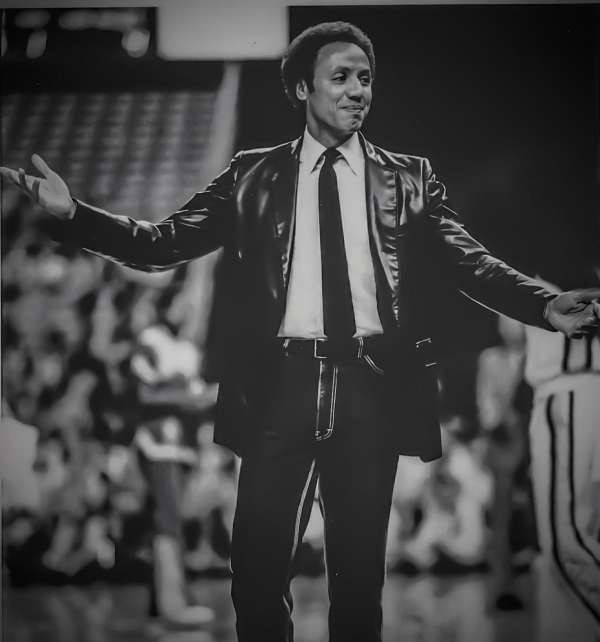
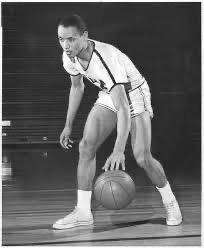
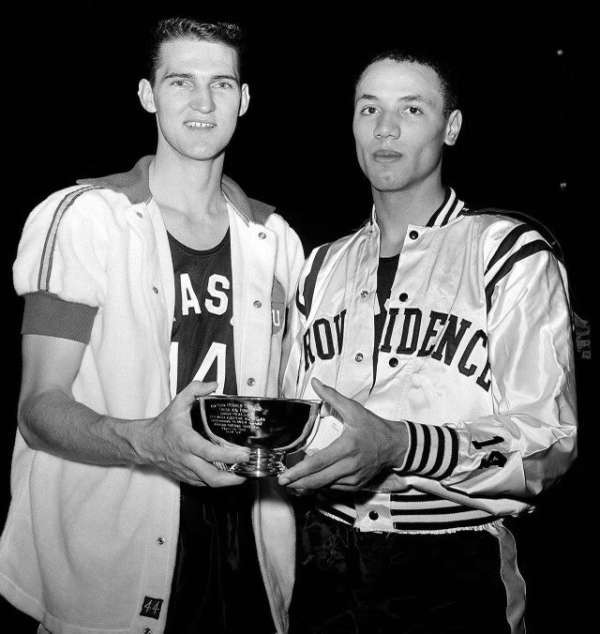
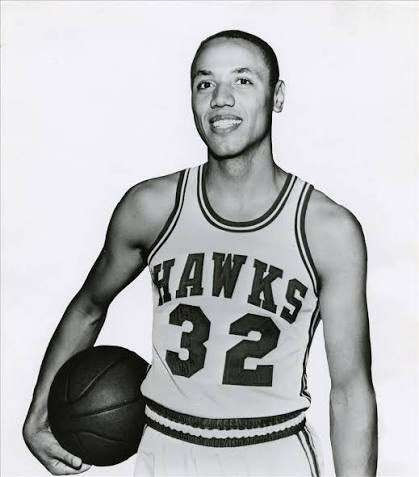
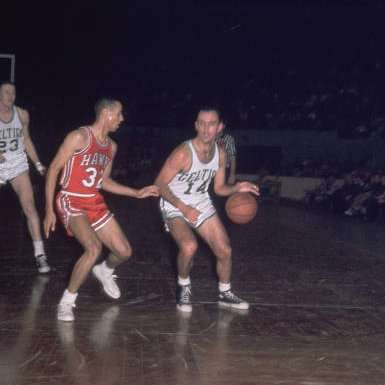
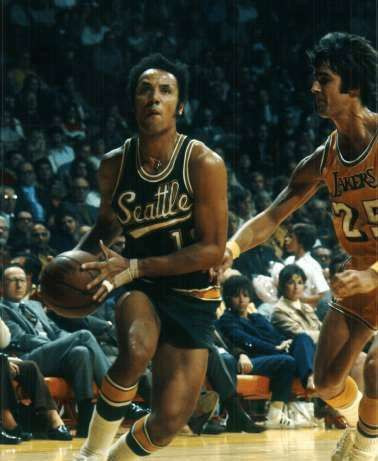
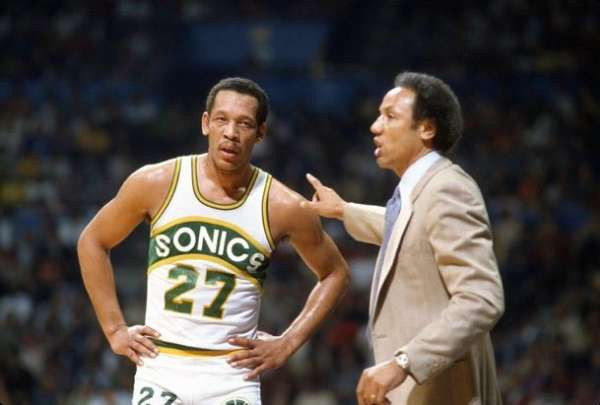
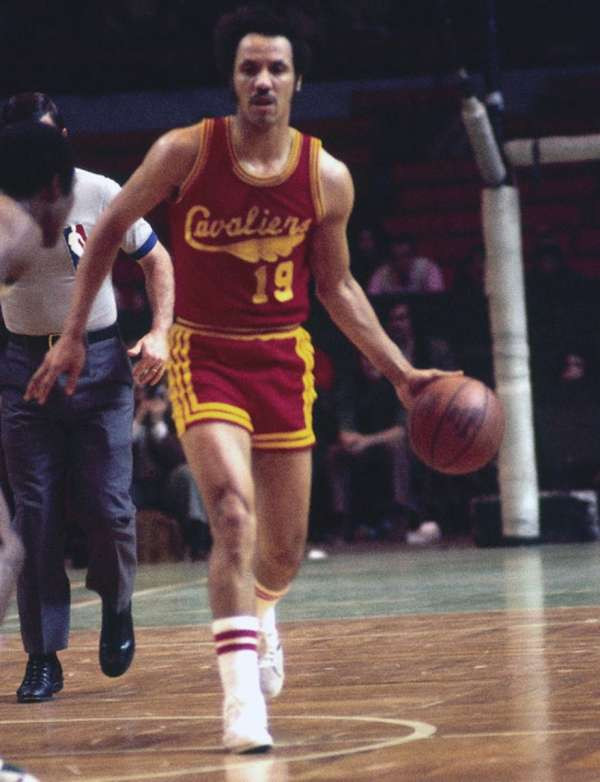
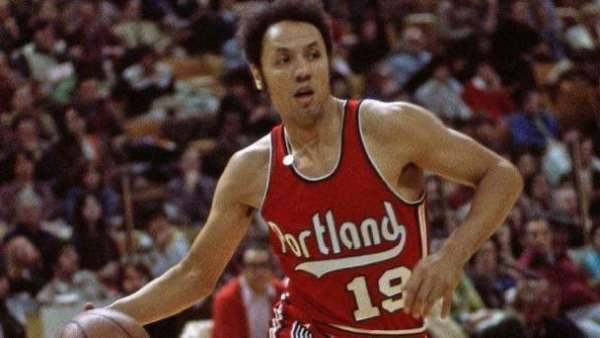
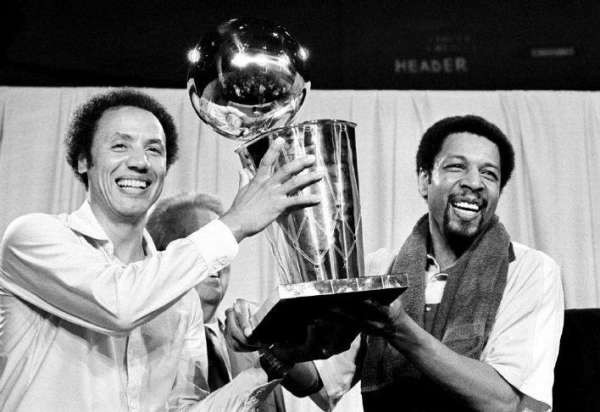
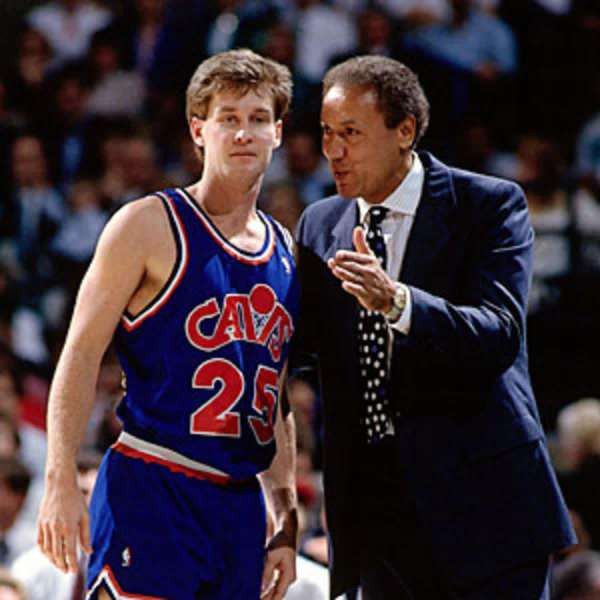
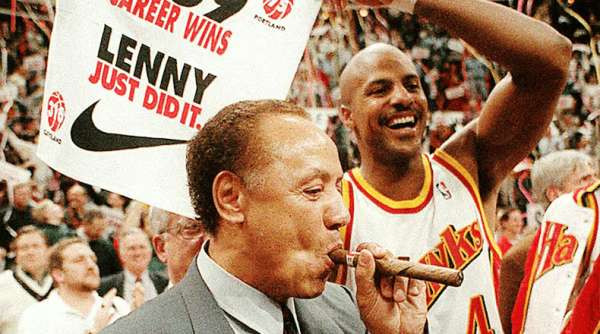
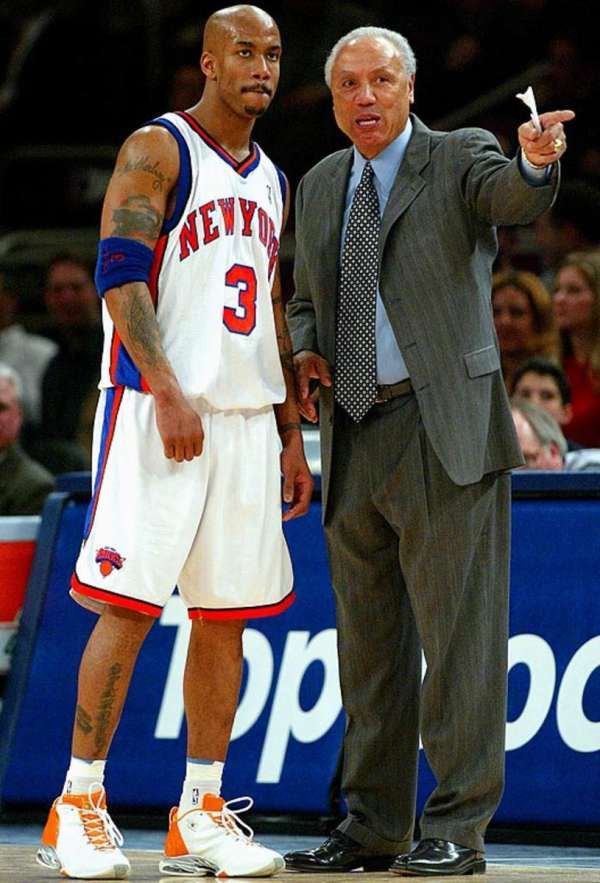
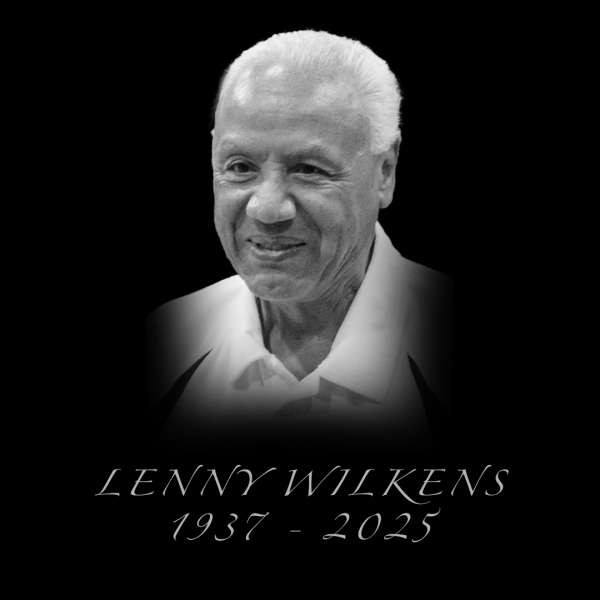
- Recent Posts
-
- Jamal Murray averaged 21.4 poi
- At 11 a.m., Yang Hansen made h
- The team can still win 3 of 17
- US media: NBA will use AI tech
- If Jokic Murray is O Neal Kobe
- Severe decline! What is the le
- Understand the basketball empe
- NBA Clippers reporter updated
- 87+81, it is difficult to rota
- 26.6 million US dollars in one
- Hot Posts
-
- Lin Zhijie s current situation
- Wuku Warriors are better than
- Intercepting Boss Hu Cai, let
- The Celtics are on sale! Zhu H
- Amen Thompson was selected for
- Cook: I witnessed James start
- Change your fate against the w
- The Old Wolf King is in troubl
- Is it expected to enter the Ea
- Doncic sings Redick: He is ver
- Stockton: Malone is one of the
- Yu Jiahao joined La Liga and o
- The 20th major quarters are ou
- Clippers official praise "Welc
- The embarrassing 1-1 in the fi
- He made key three-pointers in
- He is clearly the sixth player
- James is expected to form a te
- Yang Hansen Xialian summarizes
- Lakers sign contract with the
- search
-
- Links
-
